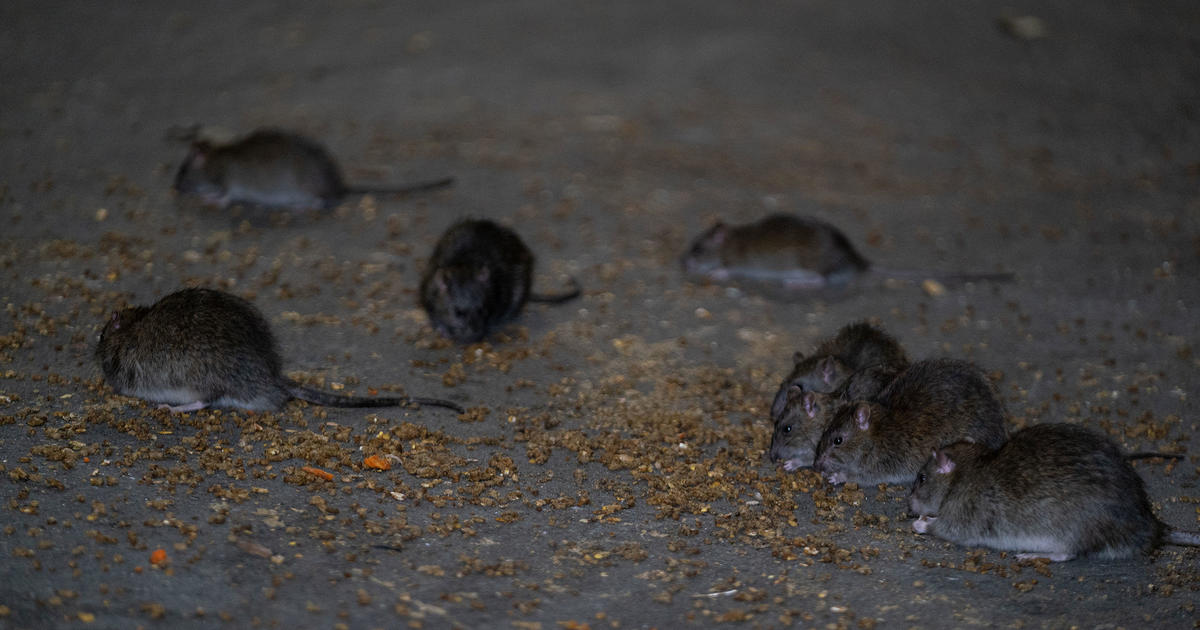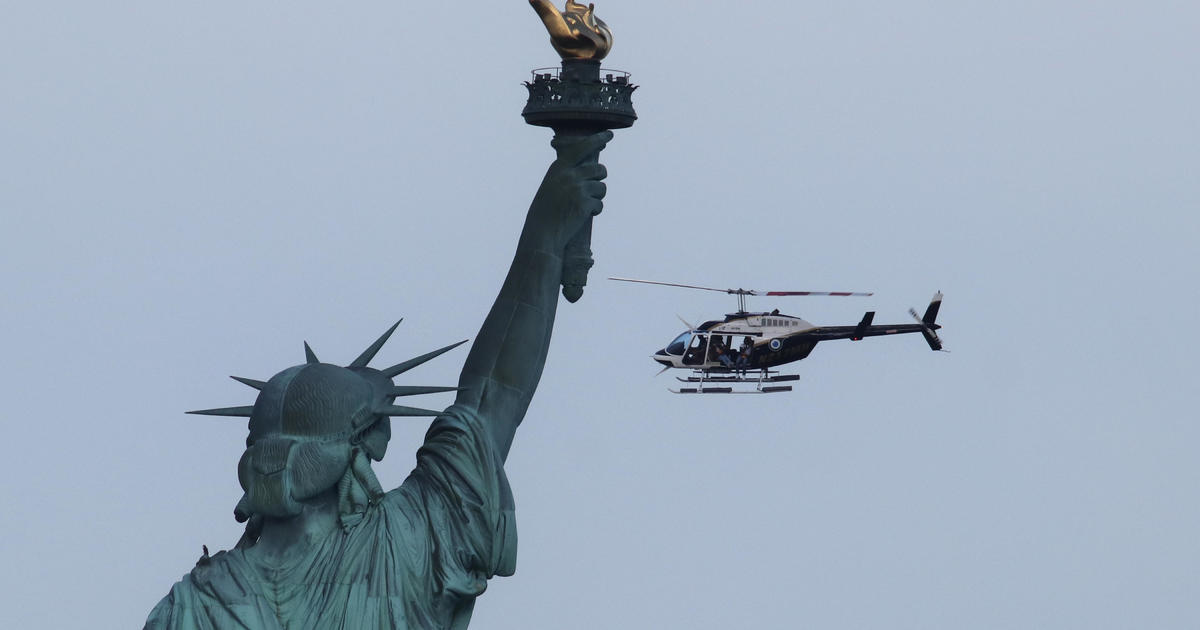9/11 20 Years Later: Muslim-Americans Say They Still Deal With Stigma Associated With Attacks, But Now Feel More Empowered
NEW YORK (CBSNewYork) -- The Sept. 11, 2001 terror attacks changed the lives of Americans everywhere.
One group particularly impacted was Muslim-Americans. Many became the target of Islamophobia and racist attacks.
As CBS2's Kiran Dhillon reported, many say that impact is still felt today.
"It was terrifying. I couldn't believe something like this was happening," Shakila Gahfary said.
Gahfary remembers the horror she felt on 9/11 as she watched her country come under attack. But it wasn't long before the Queens resident realized her identity was also under fire.
"They used to call me 'She'll-kill-ya.' Once I started telling people I was a Muslim or from Afghanistan, there were a lot of hurtful words. So I actually stopped telling people or identifying with that part of my life," Gahfary said.
Complete Coverage: 9/11 Twenty Years Later
The then-teenager explains what it was like to be the target of hate, adding she wasn't the only one.
While most Americans linked the attacks to al-Qaida, an anti-Muslim sentiment began to percolate, leading to an increase in anti-Islamic hate crimes across the nation.
Leaders in New York's Muslim community say the Patriot Act only escalated tensions.
"A lot of new immigrants, their immigration status became an issue. People were being swept up and kind of put into prisons without any trial, individuals who have had to change their names, because they were being harassed or they weren't being hired for jobs," said Aniqa Nawabi, executive director of the Muslim Community Network.
In the city, the NYPD started a counter terrorism unit that surveilled everyday Muslims.
"An attack on New York City is an attack on all of us," said Mohamed Bahe, who runs a charity, Muslims Giving Back, that gives food to the hungry in Brooklyn.
In its early years, he says the group was unfairly infiltrated by an NYPD informant.
The charity, along with others, sued the city, arguing the surveillance was unconstitutional, leading to a civil settlement.
The unit was eventually disbanded, but Bahe said the damage was done.
"It traumatized the hell out of the community. For me it was a lot of anger and betrayal because in my head I was like I am going to be that model citizen, right, that helps people, who gives back to dispel that all Muslims are evil people," Bahe said. "The whole time I am being surveilled, resources, tax money is being wasted."
He said it was the encouragement he received from non-Muslims that pushed him to continue his work.
Bahe and other community leaders say, though extremely painful, experiences like these forced Muslims-Americans to speak up for themselves.
"For the first time ever, we saw political activism from Muslim-Americans. We never had this many Muslim-Americans running for campaigns. There's been a huge momentum of saying, look, we need to be at the table, with the policy holders. We need to create our own legislation and advocate for ourselves," said Afaf Nasher the executive director of the Council on American-Islamic Relations New York.
Nasher says progress to bridge the gap of intolerance has occurred over the last 20 years. But she admitted that at times, such as in 2017 after the travel ban was enacted, it has also been hampered.
Still, she said she is hopeful.
"We are a strong community, a resilient community, and we won't allow ourselves to be treated as second-class citizens without combatting that kind of discrimination. We owe it to ourselves, to our country, and to our children," Nasher said.
The leaders say the root of intolerance is ignorance, and the only way forward is through education and community connections.
As Gahfary, she has now reclaimed her religion, wears her hijab with pride and her faith on her sleeve.
She hopes others will feel empowered to do the same.
CBS2's Kiran Dhillon contributed to this report.



